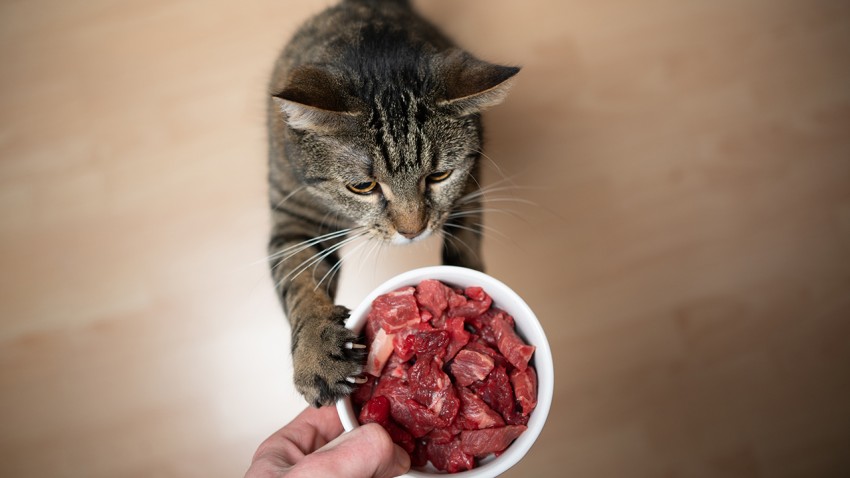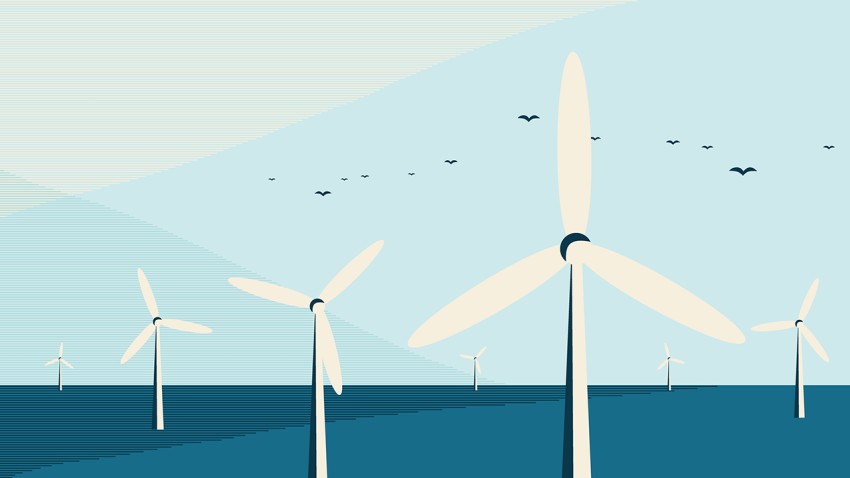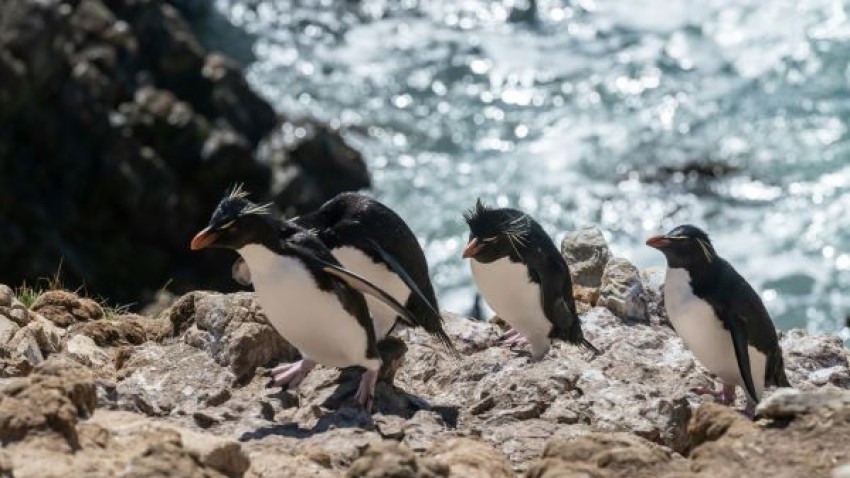News
Changes in the genomes of the Turkana of northern Kenya reveal how they have evolved to survive in extreme desert conditions for thousands of years.
The discovery of pathogens in raw pet foods creates risks for both pets and their owners.
Kieri Keys spent this summer as one of five undergraduate student managers of her beloved Dilmun Hill, where students have been growing vegetables and building community connections for almost 30 years. This year one of the managers has been dedicated to Dilmun's growing agroforestry projects.
A 25-year partnership between Cornell researchers and New York State Parks culminates at the 2025 Ryder Cup, the most sustainable professional golf tournament to date.
A new study found that bird migration over coastal waters in North America occurs on fewer nights compared to migration over land, varying in intensity depending on the season.
The award provides catalytic seed funding to faculty and other researchers at the Cornell University College of Veterinary Medicine (CVM) to spur innovation and leadership, generate on-the-ground results, and ultimately deliver real-world conservation impact for wildlife and wild places.
Bird lovers are more motivated to take action to prevent birds from colliding with their windows by messages that stress the effectiveness of those measures, while emotional appeals are more persuasive for the general public, a Cornell study finds.
A new study provides an example of asymmetry, a pattern found throughout biology where a pair of organs or appendages that mirror each other have different proportions and may have different functions.
A new decision model derived from business operations detects emerging wildlife disease months earlier, or with lower costs, than the current traditional strategies, according to a collaborative study from the College of Veterinary Medicine.
Peter Lee Minotti, a dedicated professor of plant science, died Jan. 31, 2025, in Sarasota, Florida.










